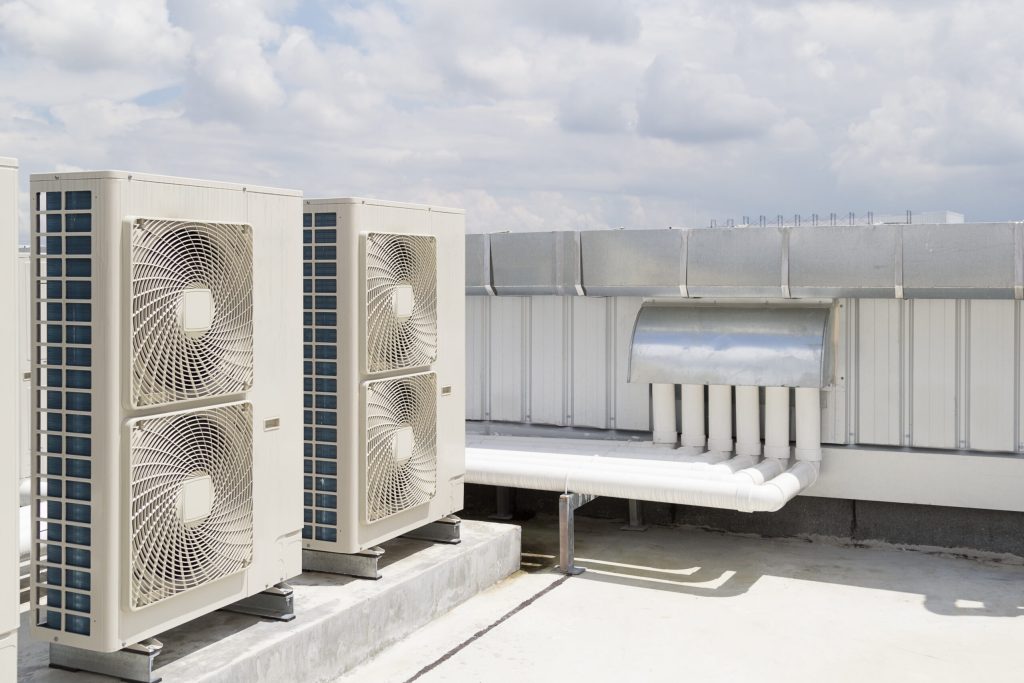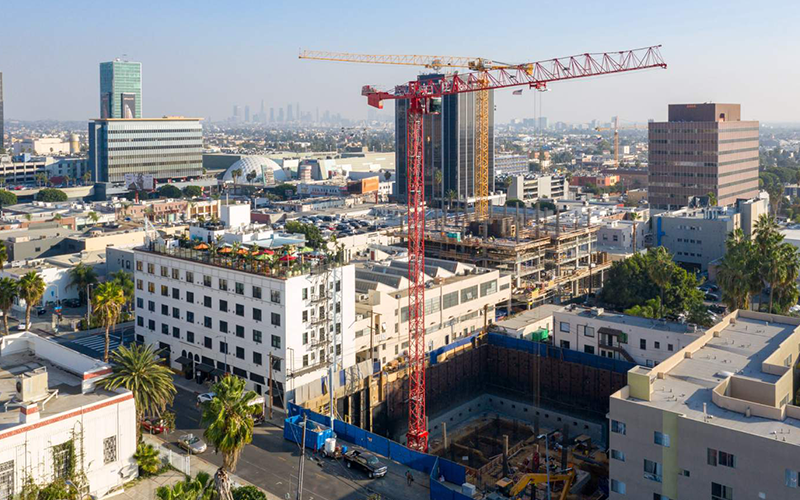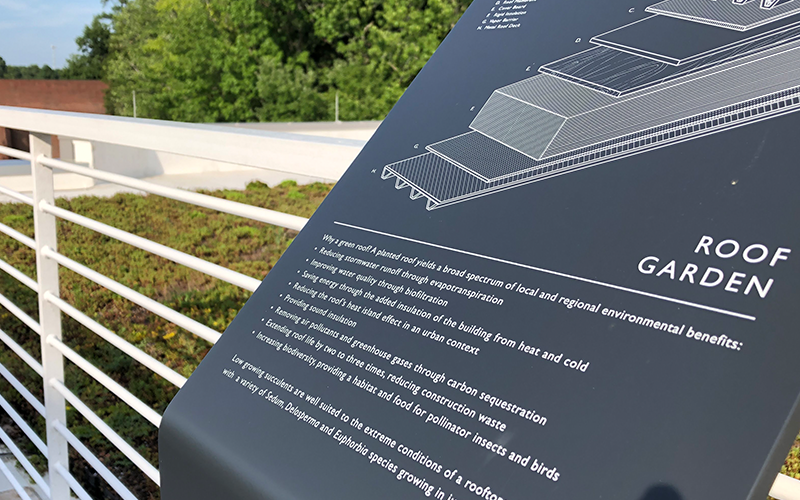New York City
Commercial PACE
How C-PACE Works
The City’s property tax mechanism partners with private capital to provide long-term fixed rate financing for energy efficiency and renewable energy measures to commercial and multifamily properties with semi-annual repayment on the property tax bill.
- Non-recourse capital provided with agreement with the city and no intercreditor agreements
- Flexible terms with option to defer payment for years or include an interest-only period before self-amortization
- 100% project financing avoids CAPEX and includes design, engineering, and all and related costs
- Provides financing for renovations as well as mandated measures such as LL11 or LL97 of New York City’s Climate Mobilization Act
- Repayment through property taxes as OPEX may be treated off-balance sheet¹ or passed through to NNN tenants
NYC Commercial PACE
CounterpointeSRE, as an approved private capital provider pre-screens for eligibility, orders required energy audit with other third party reports, and submits application packages to the NYC PACE program for approval to close the funding.
- Leasehold properties are eligible for financing with lessor consent
- New construction and major renovations are eligible with SIR requirements waived for many projects
- Condominiums are not eligible unless held in common by commercial entity while Co-op properties are eligible
- The required energy audit is PACE program specific and our team can work with your engineer to meet requirements
- Affordable housing IPNA may be substituted for energy audit and some program fees are waived for regulated properties
New York City
An introduction to the New York City PACE program for building owners, developers and energy services providers. Click below to request guidebook:
- Project eligibility
- Program guidelines
- Required energy audits
- How to apply
- Mortgage lender consent

Additional Information

PACE Eligible Improvements
PACE financing covers endless improvements to new and existing properties with eligibility that varies by state and location. This guide provides an overview of basic project eligibility by state guidelines with our approach to maximizing net proceeds and providing cost benefits analysis of a project to owner.

Retroactive PACE
Completed projects may be eligible for PACE financing for up 12 months to three years+ depending upon location to recapitalize energy efficiency, renewable and resiliency investments. Retroactive financing is a strategic resource for owners to provide liquidity for expended capital and is often available in newer PACE markets where the legislation may follow an owner’s investment.

PACE for Green Roofs
Using PACE financing for a Green roof can yield a cash flow positive improvement that adds value by increasing energy efficiency, reducing storm-water run-off and transforming unused space into a building amenity to be enjoyed by tenants.
F.A.Q.
C-PACE is public private partnership among private capital, government or state economic development agency to promote commercial property resiliency and clean energy through use of the property taxes.
Since 2013, Counterpointe has provided this innovative financing as a respected leader in the foundation of the industry and as one of the first PACE program administrators in the nation.
What are the financing terms?
Self-amortizing financing at fixed rates up to 35 years, term capped by life of equipment, with ability to defer start of repayment for years through capitalizing interest.
No credit impact, non-recourse with no financial covenants, intercreditor agreements, or personal guarantees.
Repayment cannot be accelerated with no due on sale clause
Competive interest rates that lower blended rate of developmer’s capital stack that vary by project and market conditions.
How much PACE financing can my property support?
Maximum net proceeds vary from 20-35% LTV (PACE lien to value) of property’s valuation once project is completed and property is producing income.
Many retrofit and gut rehab projects qualify for 100% financing, excepting FF&E. Please submit schedule of values or list of proposed measures with costs and projected savings for assistance in determining qualifying costs. Measure by measure cost benefit analysis available at no cost upon request and our underwriters are happy to work with professionals to maximize operational savings.
Removing acquisition costs, new construction typically qualifies for 25-30% LTC. Please submit schedule of values for eligibility screen and assistance.
How long is the process and what do I need to submit?
Timing varies with complexity of project and property with many financings closing 30-60 days once underwriting documents, appraisal, and other third party reports are received. Standard document requests include organizational documents for owning entity, historical or pro forma property financials, mortgage documents, rent roll, and construction documents.
Many owners elect to complete underwriting and then hold off closing for months until start of demolition or ground breaking. Closing may occur mid-construction or after completion for retroactive financing for years, with certain limitations. Please contact us for details and to discuss your project.
